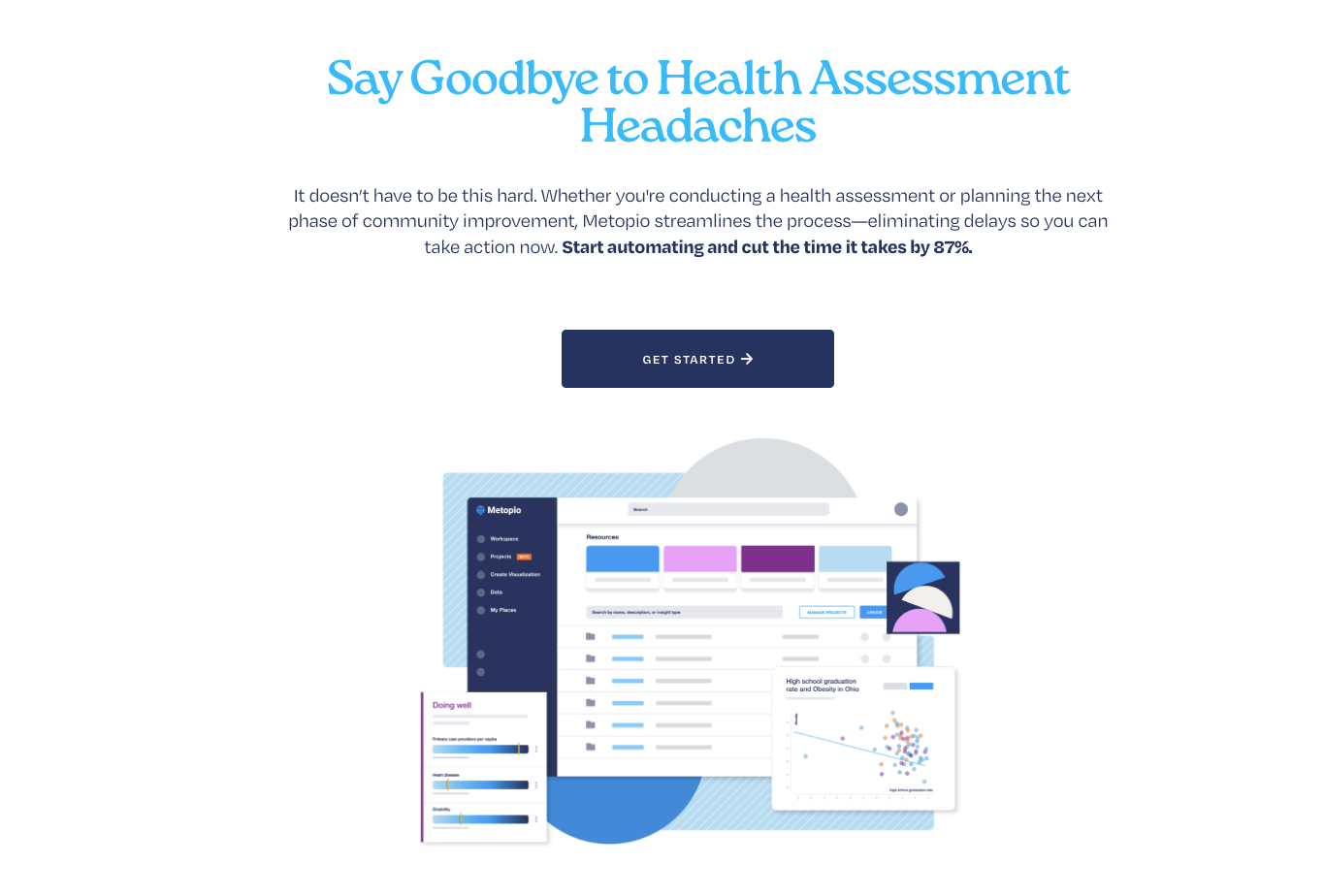WEDI Survey: Industry Readiness for CMS Interoperability and Prior Authorization Rule
What You Should Know: – The Workgroup for Electronic Data Interchange (WEDI) has published the results of its baseline survey, assessing the healthcare industry’s preparedness to meet the requirements of the Centers for Medicare & Medicaid Services (CMS) Advancing Interoperability and Improving Prior Authorization Final Rule (CMS-0057-F). – This rule introduces new provisions aimed at ... Read More
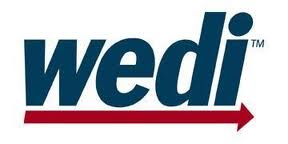
What You Should Know:
– The Workgroup for Electronic Data Interchange (WEDI) has published the results of its baseline survey, assessing the healthcare industry’s preparedness to meet the requirements of the Centers for Medicare & Medicaid Services (CMS) Advancing Interoperability and Improving Prior Authorization Final Rule (CMS-0057-F).
– This rule introduces new provisions aimed at increasing data sharing, including Patient Access, Provider Access, Payer-to-Payer, and Prior Authorization Application Programming Interfaces (APIs). These provisions are intended to streamline prior authorization processes and improve patient data exchange, ultimately reducing burden on payers, providers, and patients.
– Impacted entities are required to implement the API requirements by January 1, 2027, and covered payers must publicly report designated prior authorization metrics by January 1, 2026.
Key Survey Results
The survey, conducted from January to February 2025, received 243 responses, with representation from payers (45%), providers (21%), clearinghouses (9%), and vendors (25%).
Payer Responses
- 43% of payers have not yet commenced work on the API requirements, while 31% have completed one quarter of the work.
- The top three challenges reported by payers are:
- Determining a cohesive enterprise strategy for interoperability.
- Digitizing prior authorization policies.
- Securing sufficient funding.
- The majority (35%) of payers estimate implementation costs for the API components to be between $1 million and $5 million.
Provider Responses
- 52% of providers reported that they have not yet started working on the API requirements.
- The top three implementation issues identified by providers are:
- Sufficient funding.
- Determining a cohesive enterprise strategy for interoperability.
- Navigating the complexities of various networks and their interrelationships (e.g., TEFCA, QHIN, HIE).
- A majority (44%) of providers are uncertain about the total cost of implementing the rule requirements and training their employees.
- Most providers (79%) consider it very or extremely important to have the majority of their payers support the prior authorization requirements.
Clearinghouse Responses
- A significant majority (84%) of clearinghouses plan to assist payers and providers with the rule’s API requirements.
- Regarding the Prior Authorization API, 81% of clearinghouses intend to implement both FHIR and X12 solutions.
Vendor Responses
- 81% of vendors plan to assist payers and providers in complying with the rule’s requirements.
- 36% of vendors plan to support consumers with the Patient Access API, while 32% do not intend to do so.
Additional Survey Findings
- Among payers not required to implement the Final Rule, 50% are currently considering implementation, and 50% are unsure.
- A majority of respondents expressed support for a staggered implementation approach for the three prior authorization requirements: Coverage Requirements Discovery (CRD), Document Templates and Rules (DTR), and Prior Authorization Support (PAS), which are currently all due by January 1, 2027.
- The top three educational needs cited by respondents for Final Rule implementation are:
- Education on industry best practices.
- Education on workflow design/modification.
- Advanced (technical) education on implementing APIs.






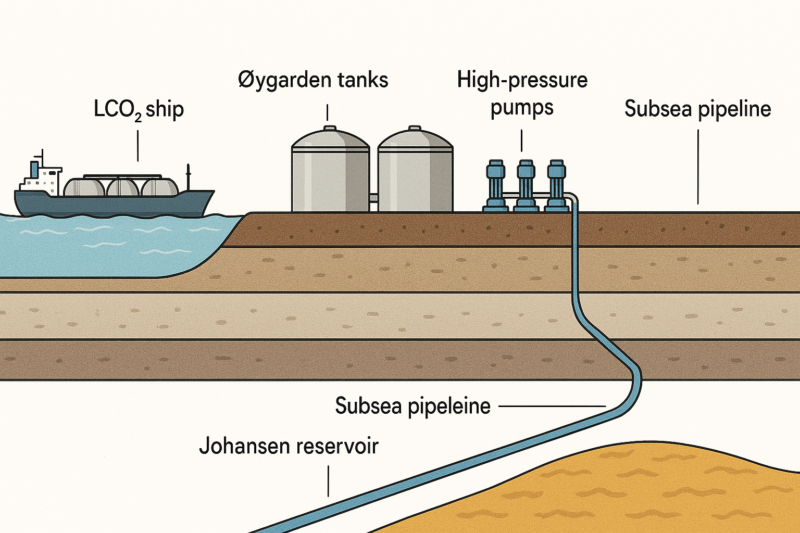







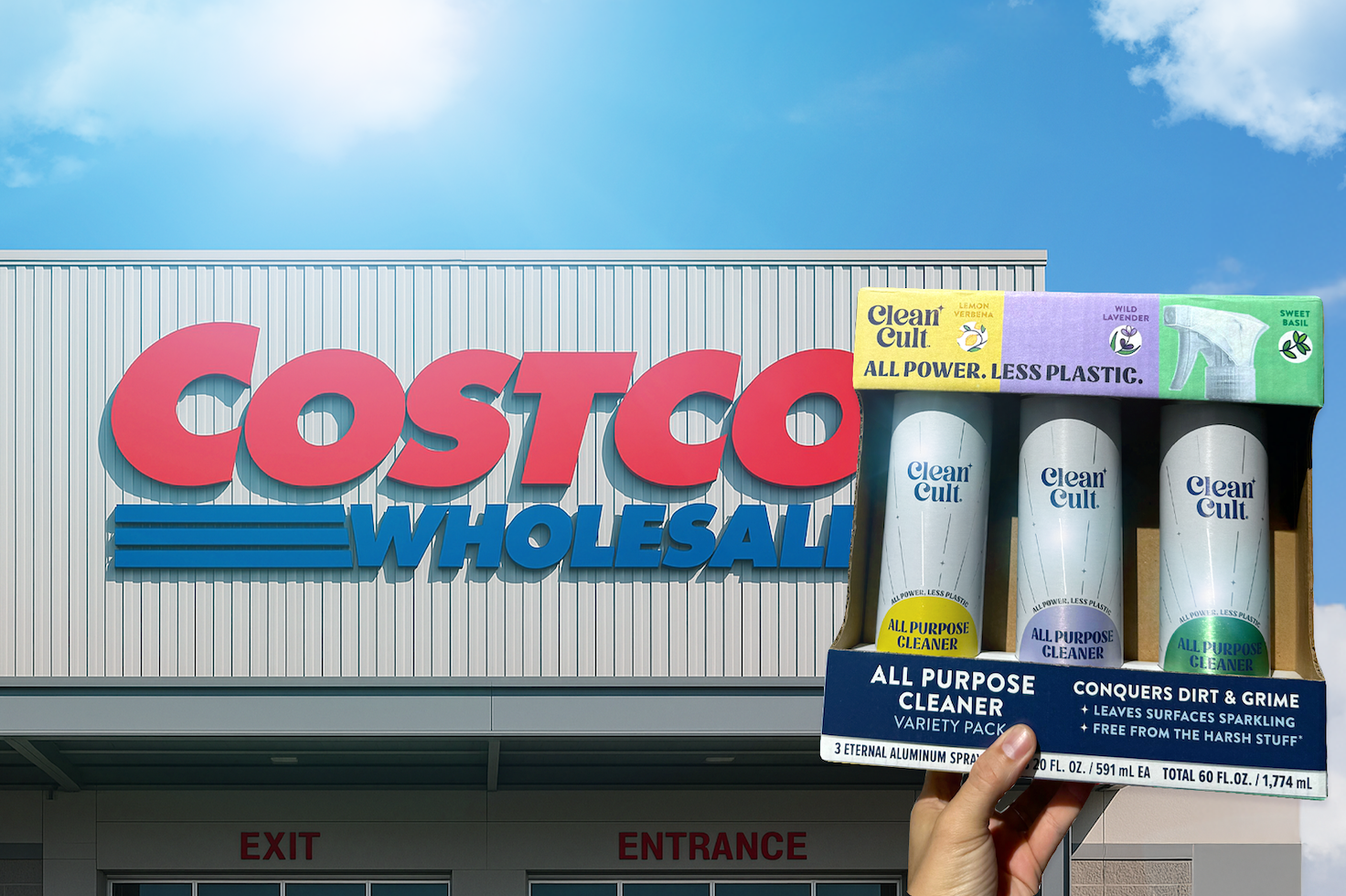
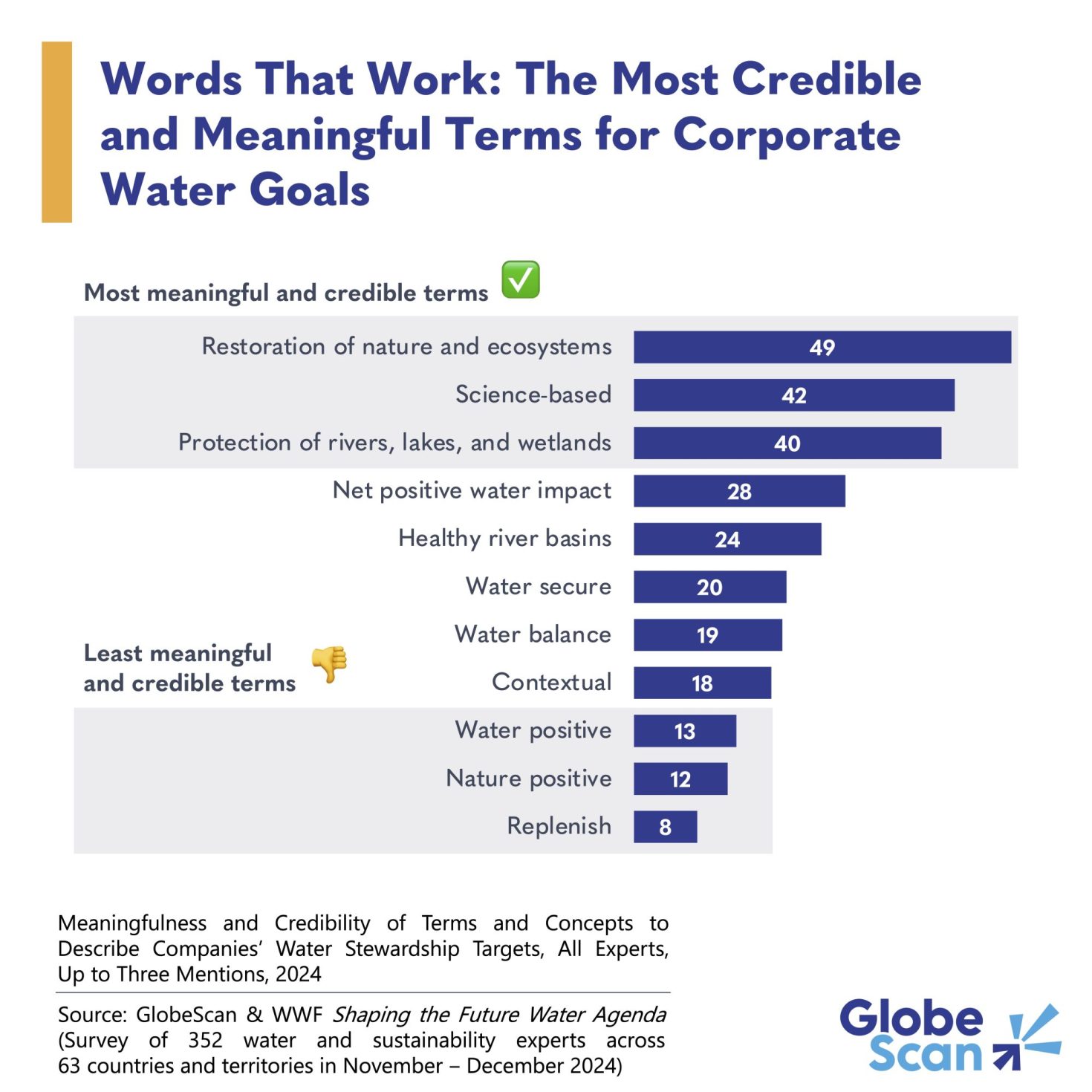






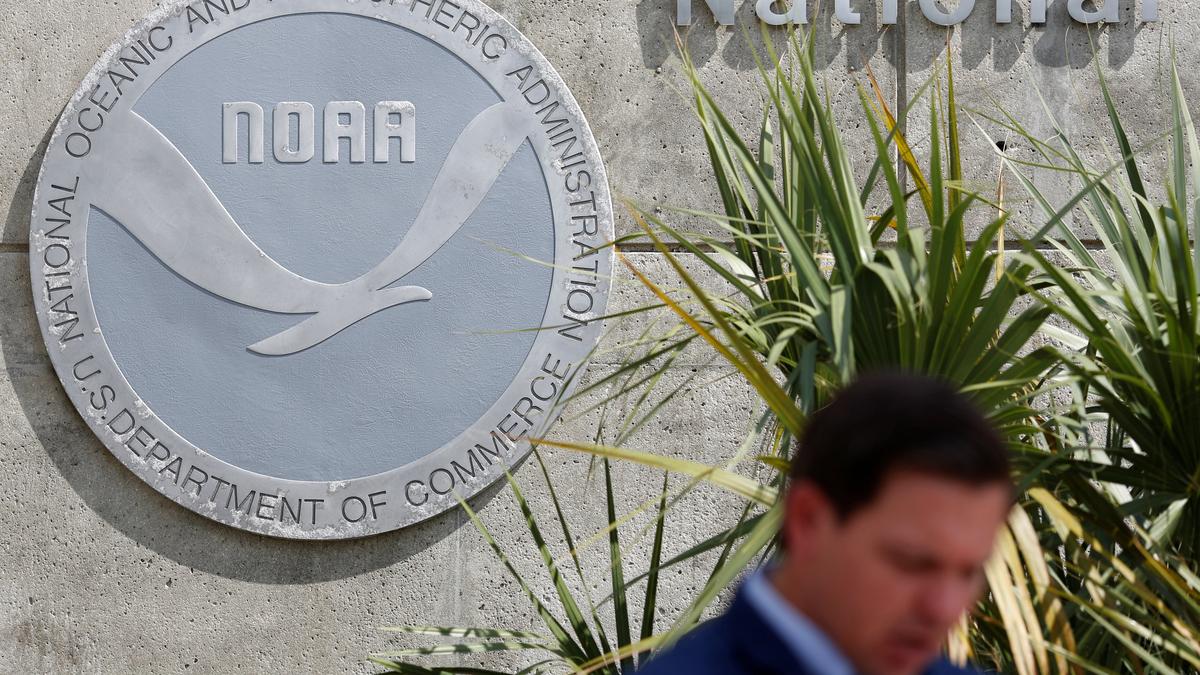









































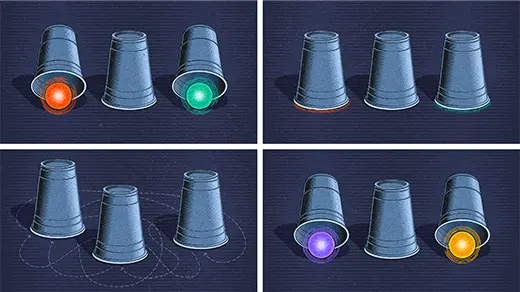
















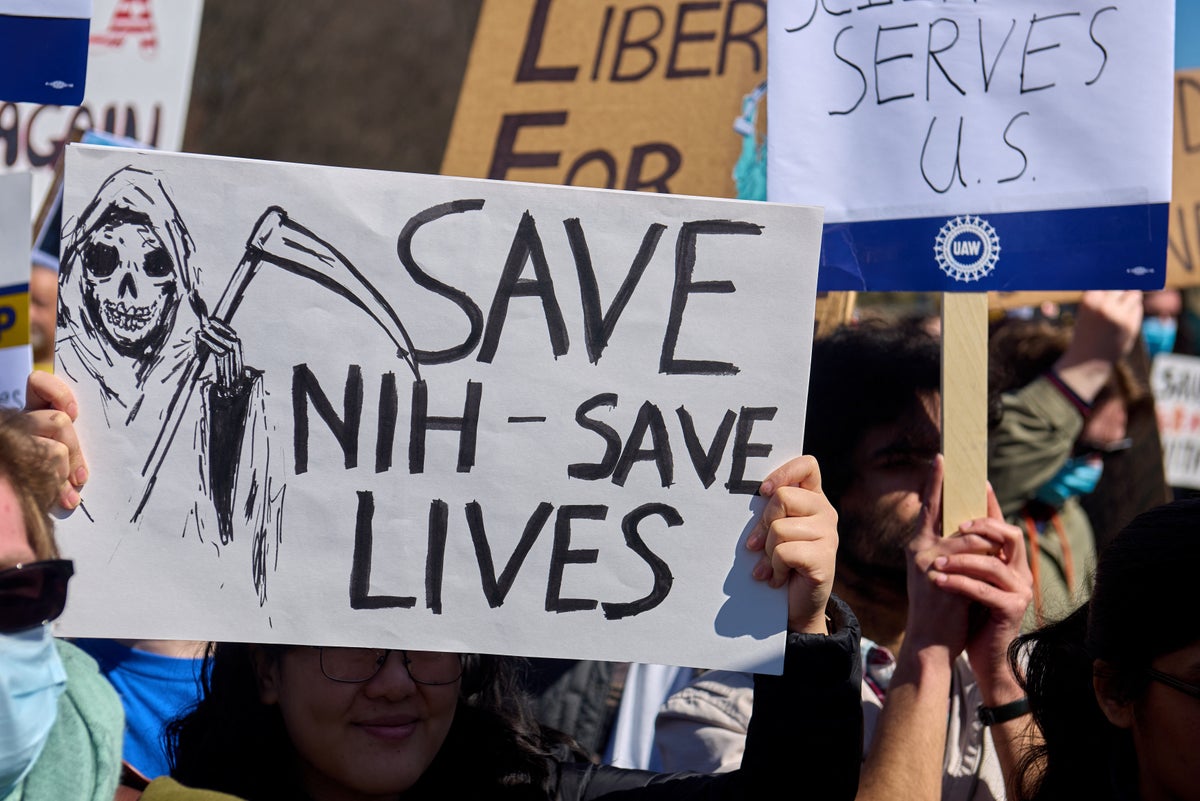













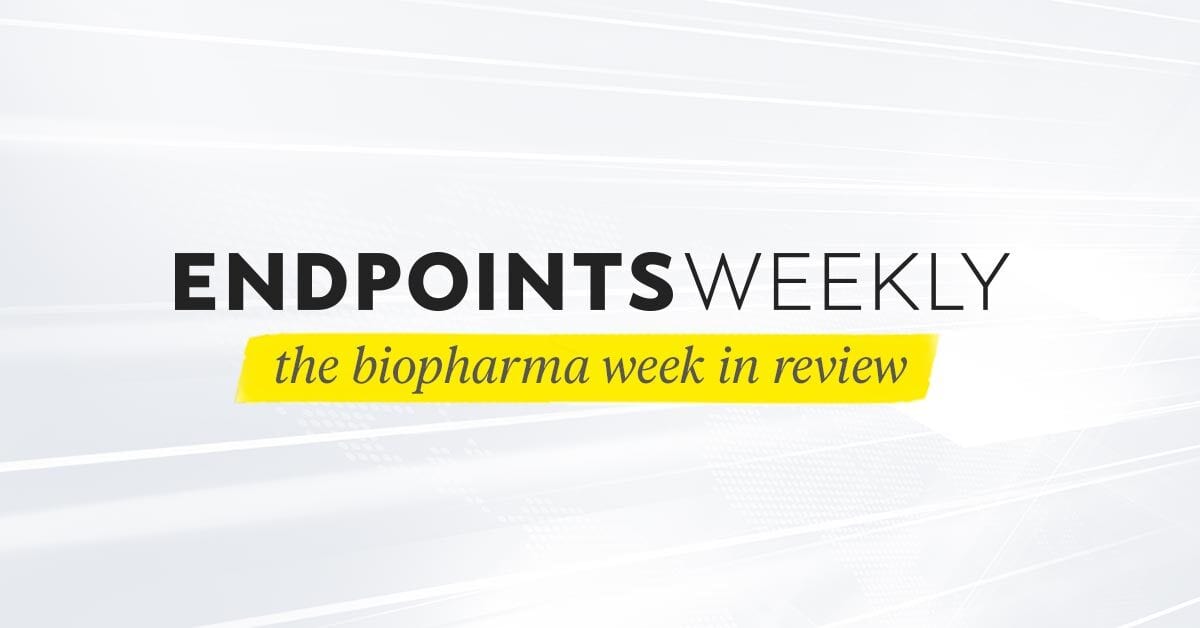

























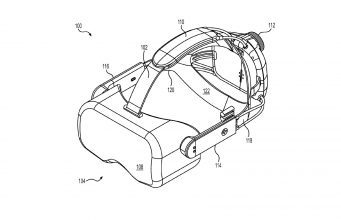

![The breaking news round-up: Decagear launches today, Pimax announces new headsets, and more! [APRIL FOOL’S]](https://i0.wp.com/skarredghost.com/wp-content/uploads/2025/03/lawk_glasses_handson.jpg?fit=1366%2C1025&ssl=1)















